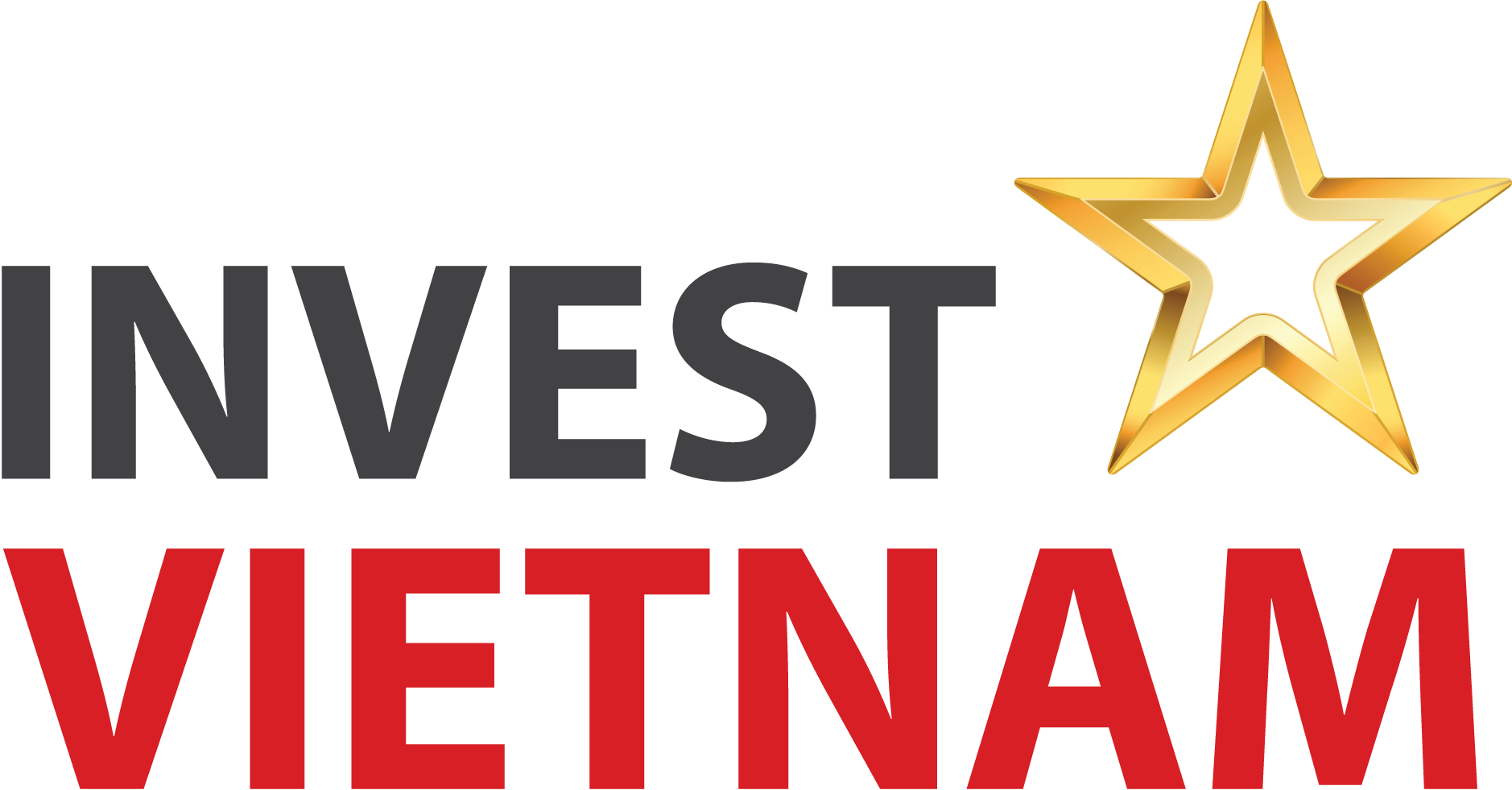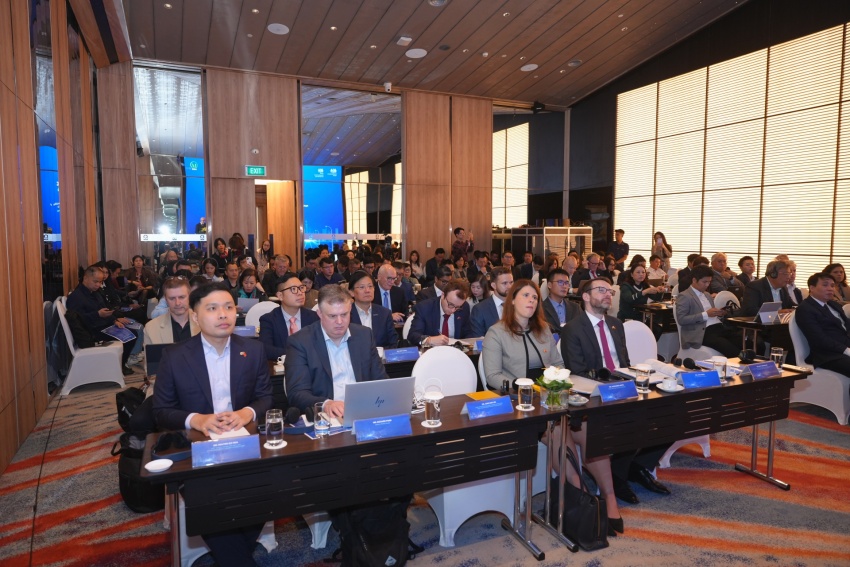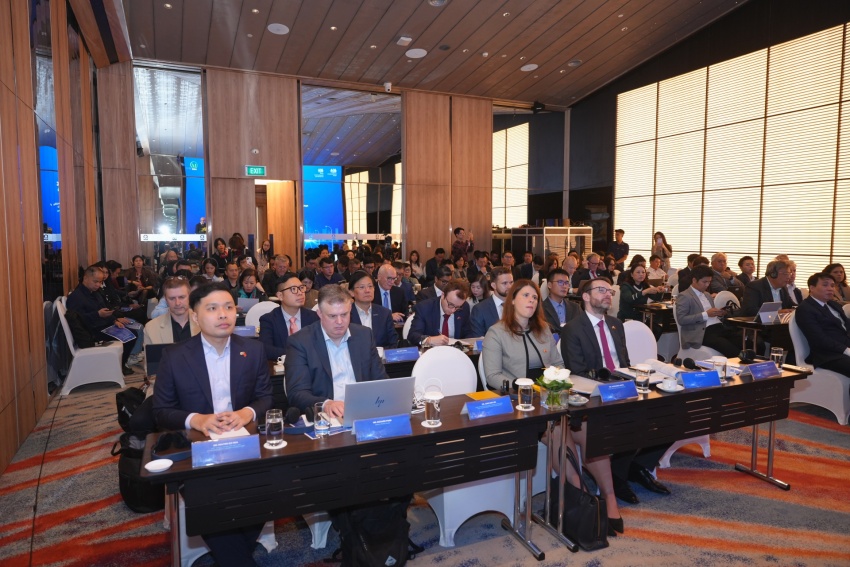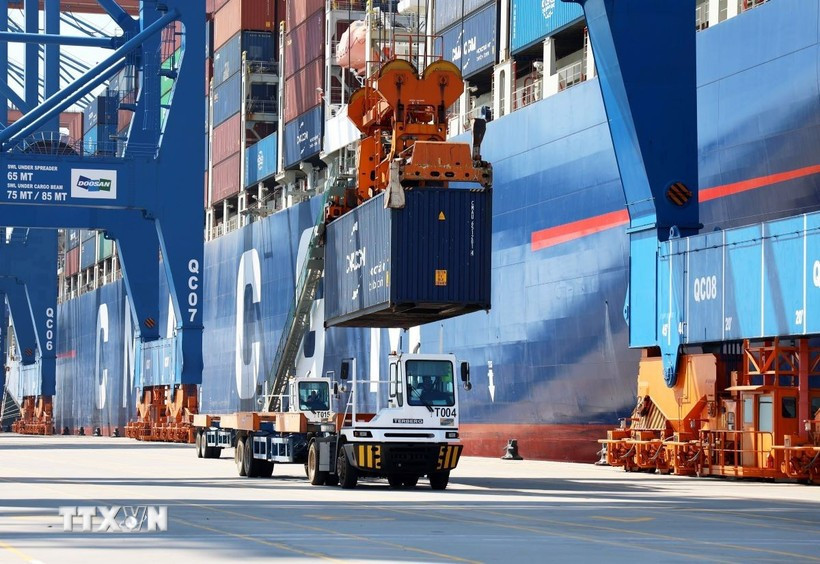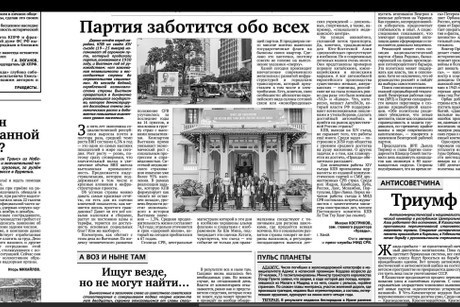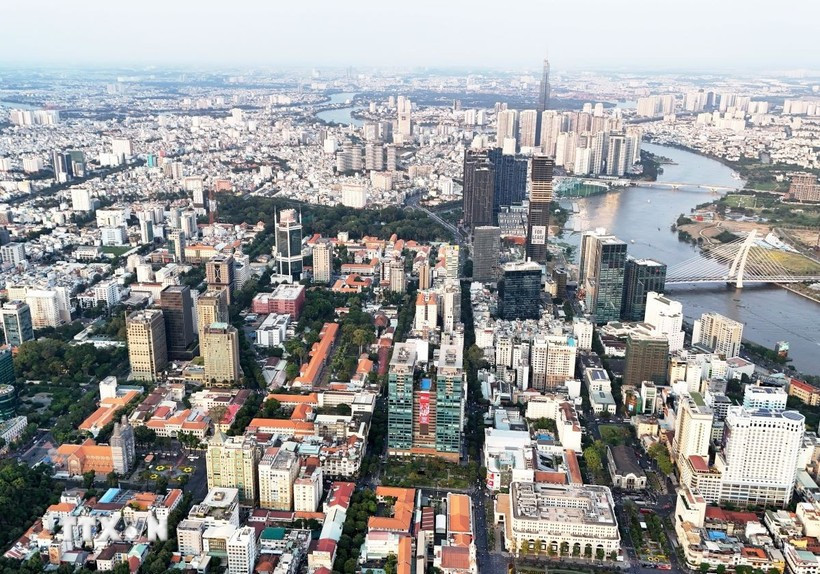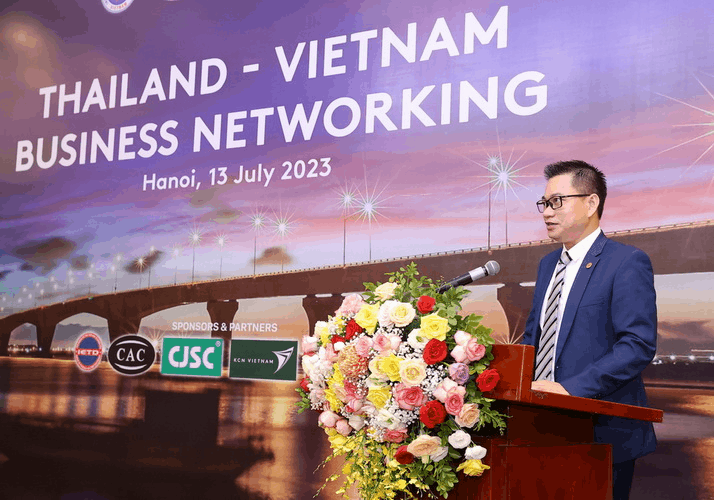Vietnam sees record disbursement of FDI
Thoroughness in implementing projects immediately after licensing, with the backup of local authorities and industrial park developers, has contributed to the country’s record disbursement of foreign direct investment.
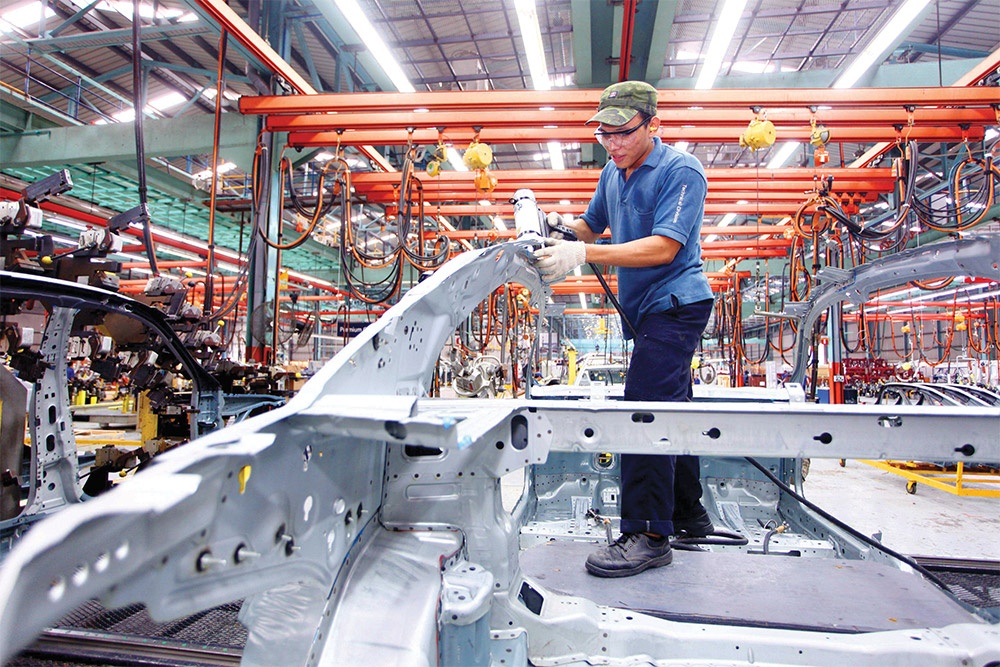
Disbursed foreign capital in Vietnam reached an all-time high in 2024, estimated at $25.35 billion, an on-year increase of 9.4 per cent, the General Statistics Office announced on January 6. This achievement comes from efforts of local authorities and industrial park (IP) developers to accompany and support investors in resolving issues.
Work at IPs construction sites is bustling, and foreign investors in collaboration with construction contractors are rushing to speed up progress.
For example, in Dinh Vu Industrial Zone in the northern port city of Haiphong, Universal Scientific Industrial (USI), an electronics supplier under Taiwan-based ASE Technology Holding, started to implement its expanded venture after receiving the fifth investment registration certificate in late November. With this adjustment, USI increased its total funding in the city to $290 million so far.
For the additional sum, USI aims to install equipment before May, run trial production by August, and enter official operation by Q4.
Ecovance Vietnam Co., Ltd. is also rushing to complete the construction of a biodegradable materials factory worth $100 million. Construction kicked off in May 2024, and is 60 per cent complete. They are expected to put the plant into production by the end of 2025.
These are just two of thousands of foreign-invested projects that were rushed to implementation in 2024, contributing to generating the record-high disbursement in foreign direct investment.
“We see that investors all want to implement initiatives quickly. However, they are perplexed when it comes to completing relevant procedures in Vietnam, which take them a lot of time, effort, and money,” said Nguyen Thi Hong Chuyen, deputy general director of Capella Land JSC – developer of a series of IPs in Bac Ninh, Bac Giang, Quang Nam, and Quang Binh.
“We accompany our customers during this complicated process, and are authorised to act on behalf of financiers to work directly with the central and local authorities to handle initial procedures. Supporting secondary investors is also part of our work,” Chuyen added.
To backup investors, IP developers also need to carefully prepare in terms of project legality and infrastructure investment and construction. Another mandatory requirement is maintaining connection, exchange, and openness with local authorities to understand needs, Chuyen said.
She took examples of the quick disbursement of programmes in Capella Land’s IP. In Yen Lu IP, Bac Giang province, the Econy Vina, a phone screen manufacturer for Samsung and Apple, was implemented in only 10 months. After registering to lease land last January, Econy took the plant into operation in November.
In addition, Taiwan-headquartered Cooler Master, a computer hardware giant, began building a factory with an initial capital of $75 million in the northern province of Bac Ninh. During construction, the investor adjusted its registration certificate to $200 million. The construction and disbursement met the schedule and work on the first and second factories is set to be complete in Q3. Worker recruitment and trial production is set for Q4 and commercial production for the start of 2026.
Other industrial real estate developers have also pursued foreign partners to support and resolve issues.
“We understand that when foreign-led groups look at opportunities in Vietnam, their biggest concerns are the complicated procedures, especially land clearance. Thus, we closely collaborate with local authorities and investors to make this process smoother,” said Tuong Quynh Phuong, deputy general director of Dai An JSC, developer of Dai An IP in the northern province of Hai Duong.
Understanding demand also has very specific angles, such as their culture and behaviour, Phuong said.
“For example, Japanese and South Korean investors can use English during the working process. However, when working with Chinese firms, we always prioritise using their native language,” he explained. “In addition, when they have legal barriers in the process, we also introduce them to law offices specialising in taking care of investors in the Chinese community. Leaving them satisfied with detailed problems is a motivation for reinforcing the company’s disbursement plans.”
At a conference in late December, Minister of Planning and Investment Nguyen Chi Dung said, “Vietnam’s numerous positive business conditions include a consistent track record of high-performing economic and market growth, ample workforce of young and skilled labourers, and relatively open foreign investment environment. Vietnam’s business-friendly policies stand out among its Southeast Asian peers and encourage a healthy influx of foreign capital.”
By Nguyen Kim
Source: VIR
Original link